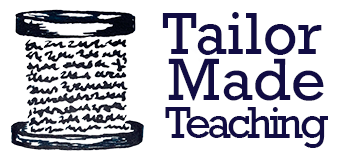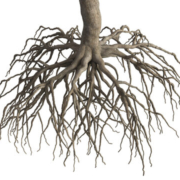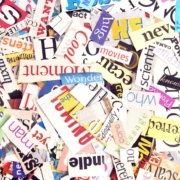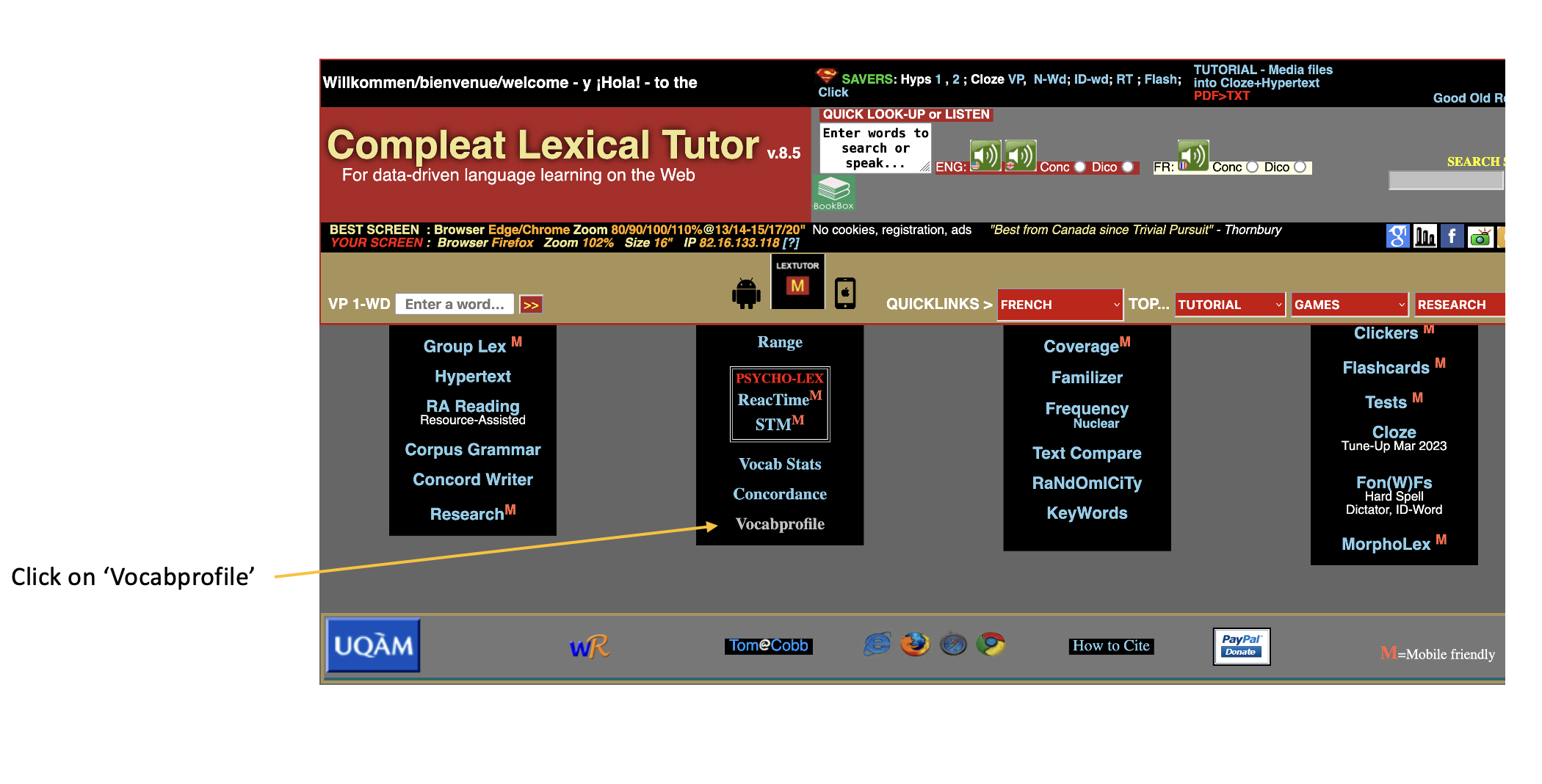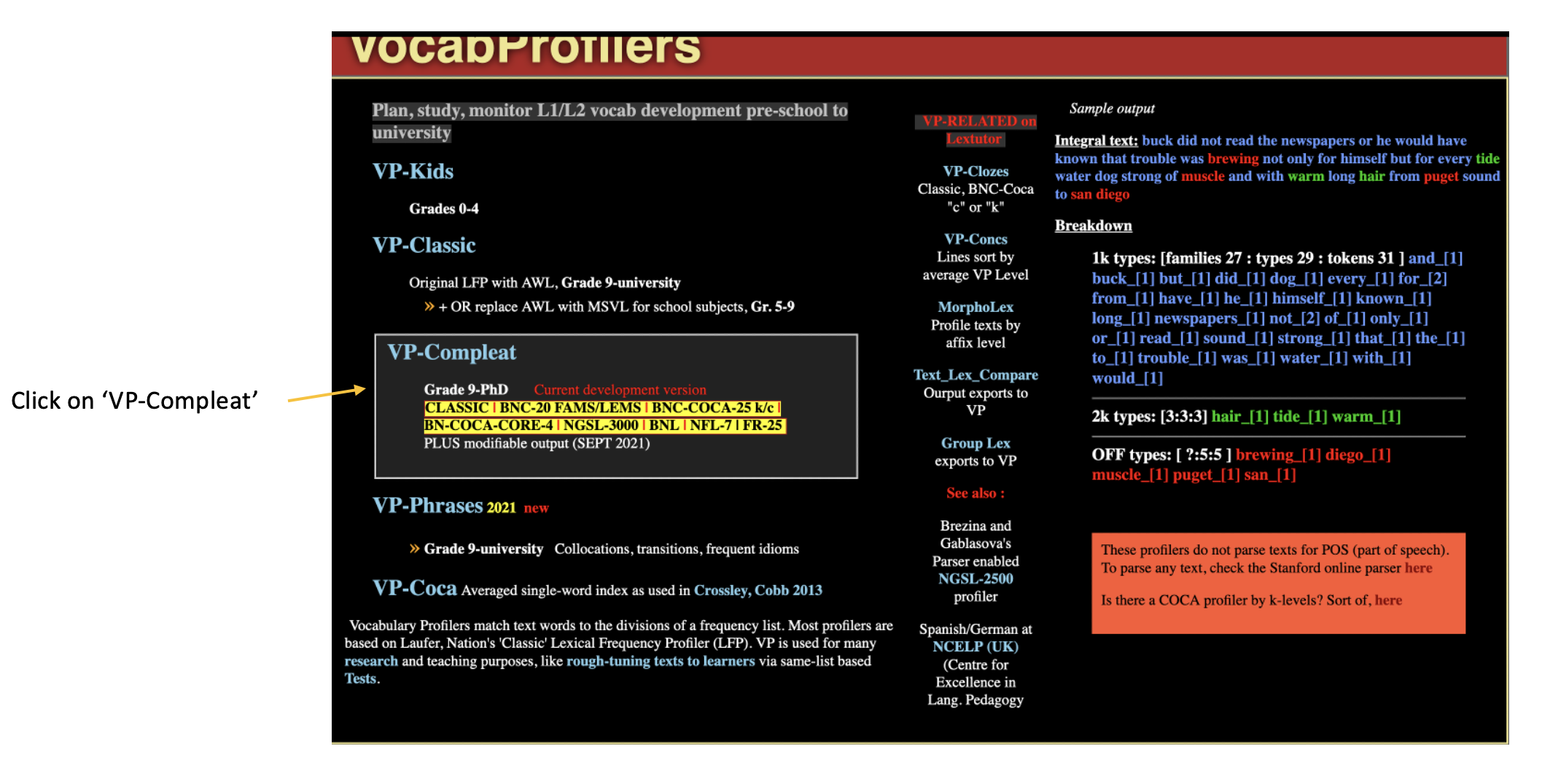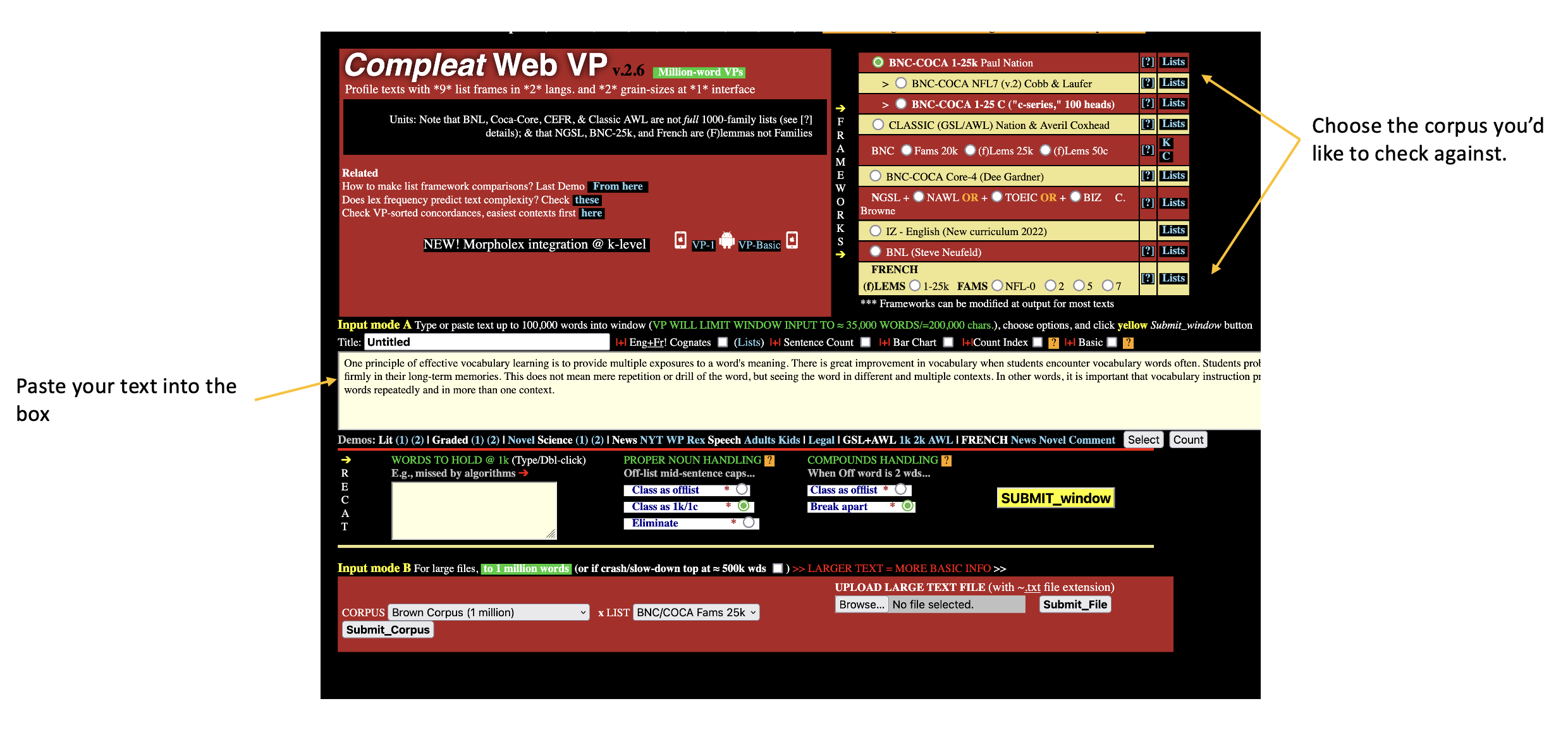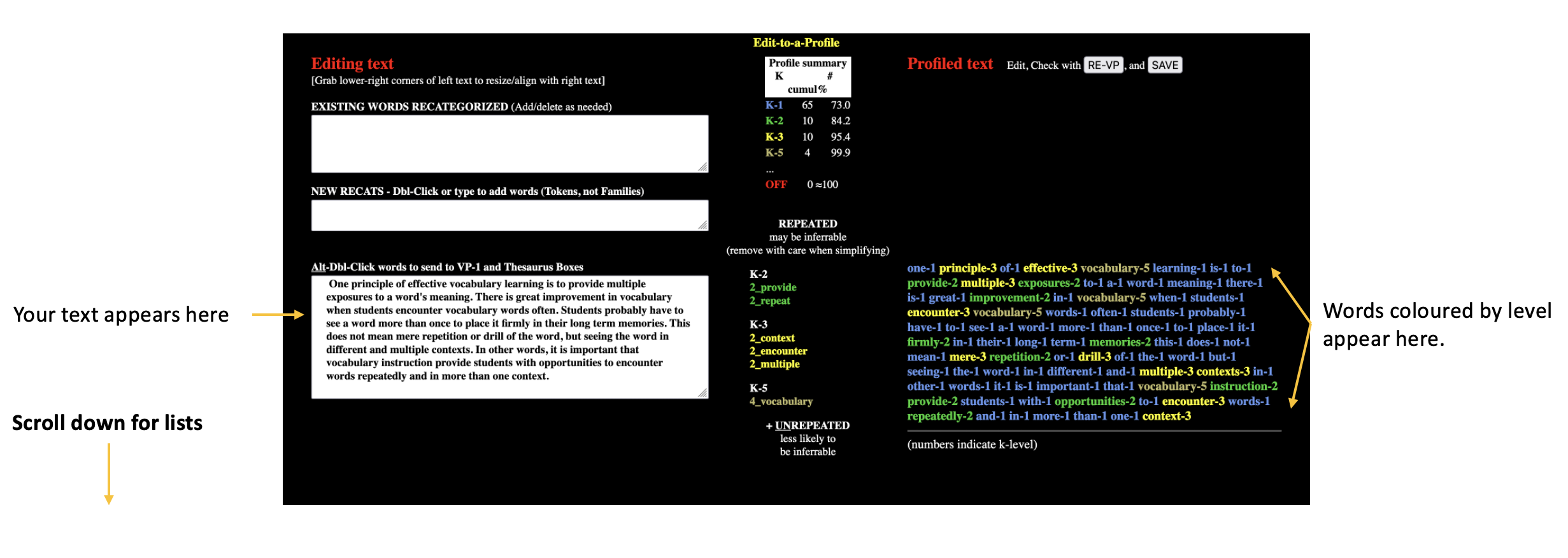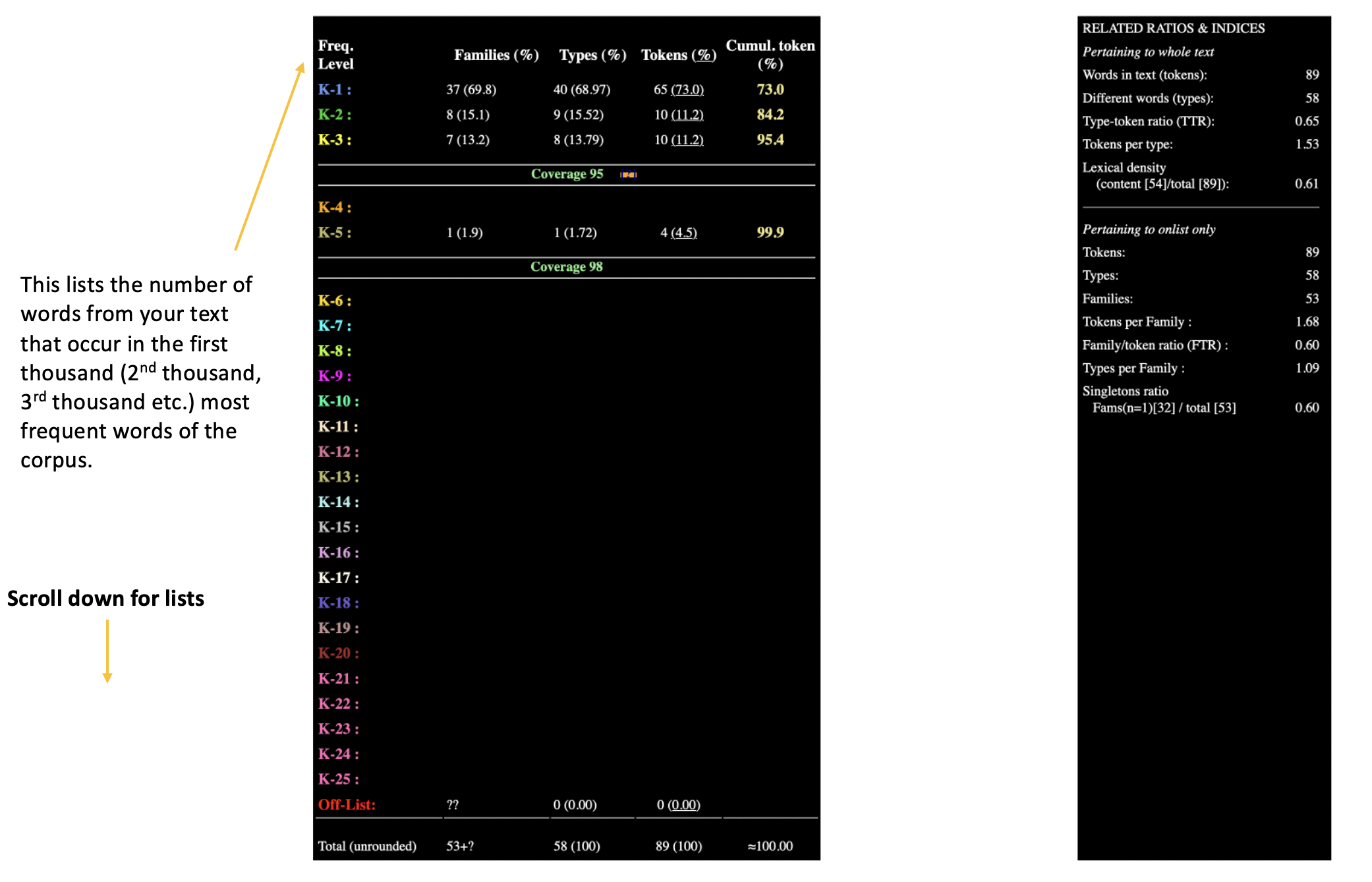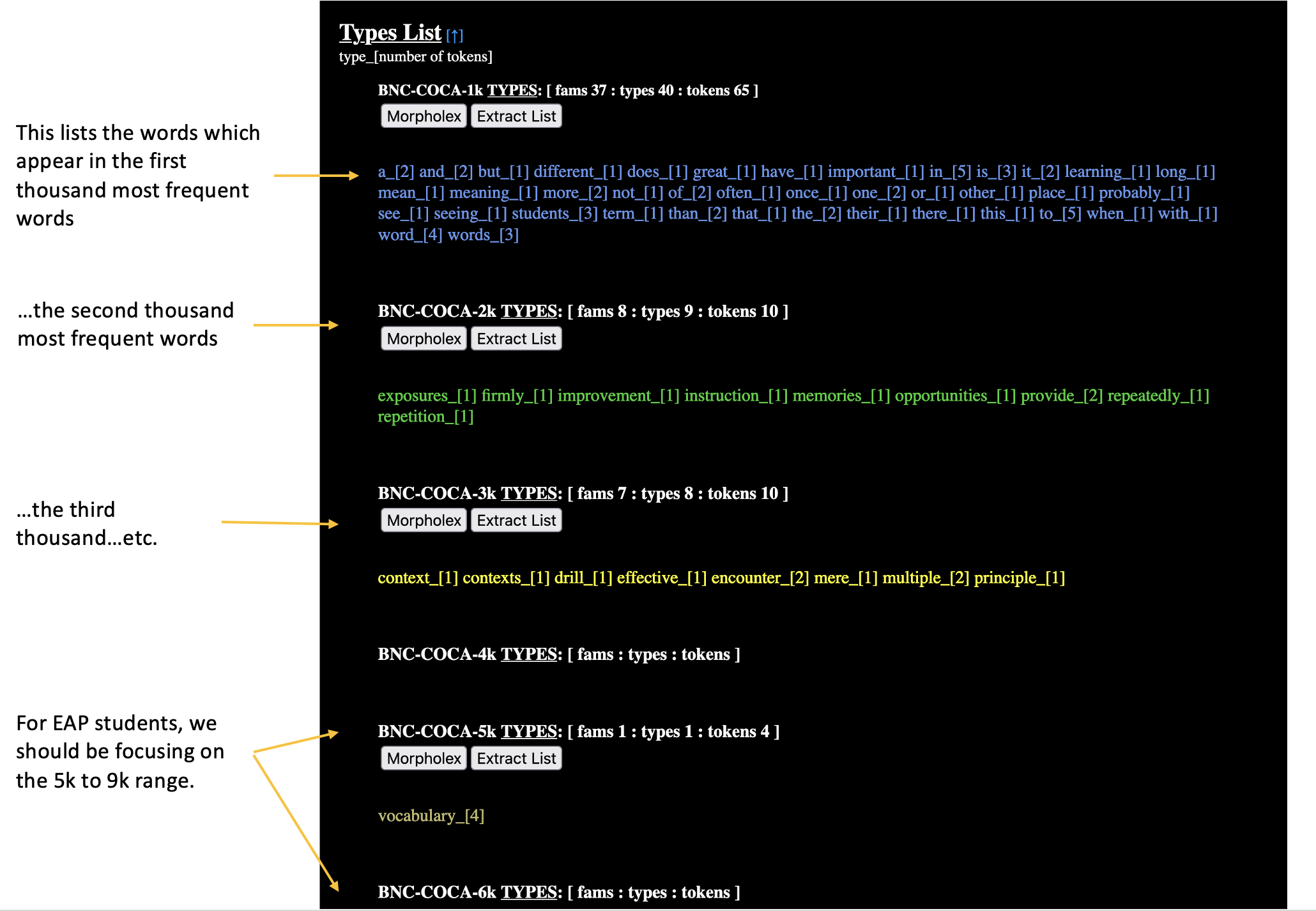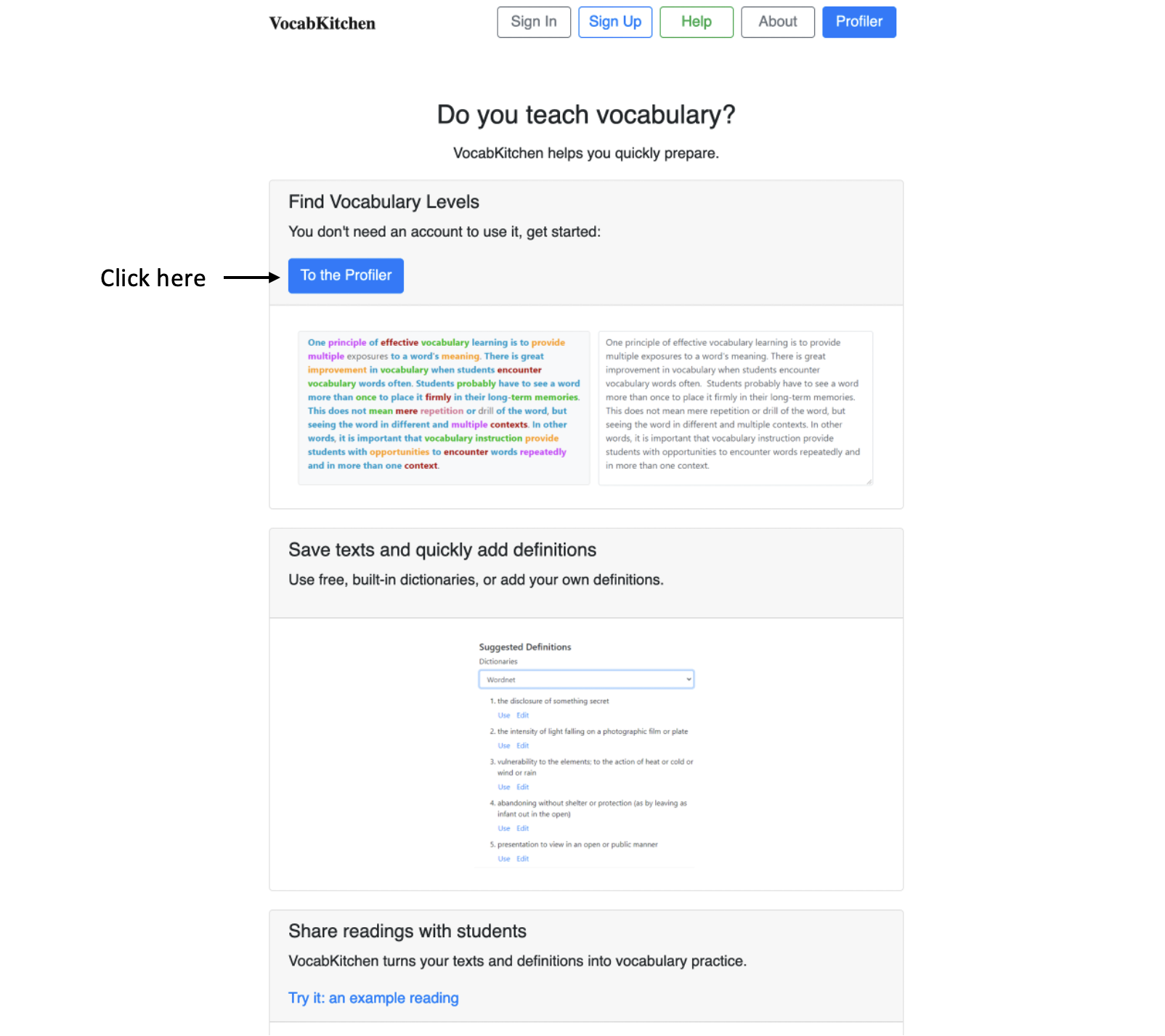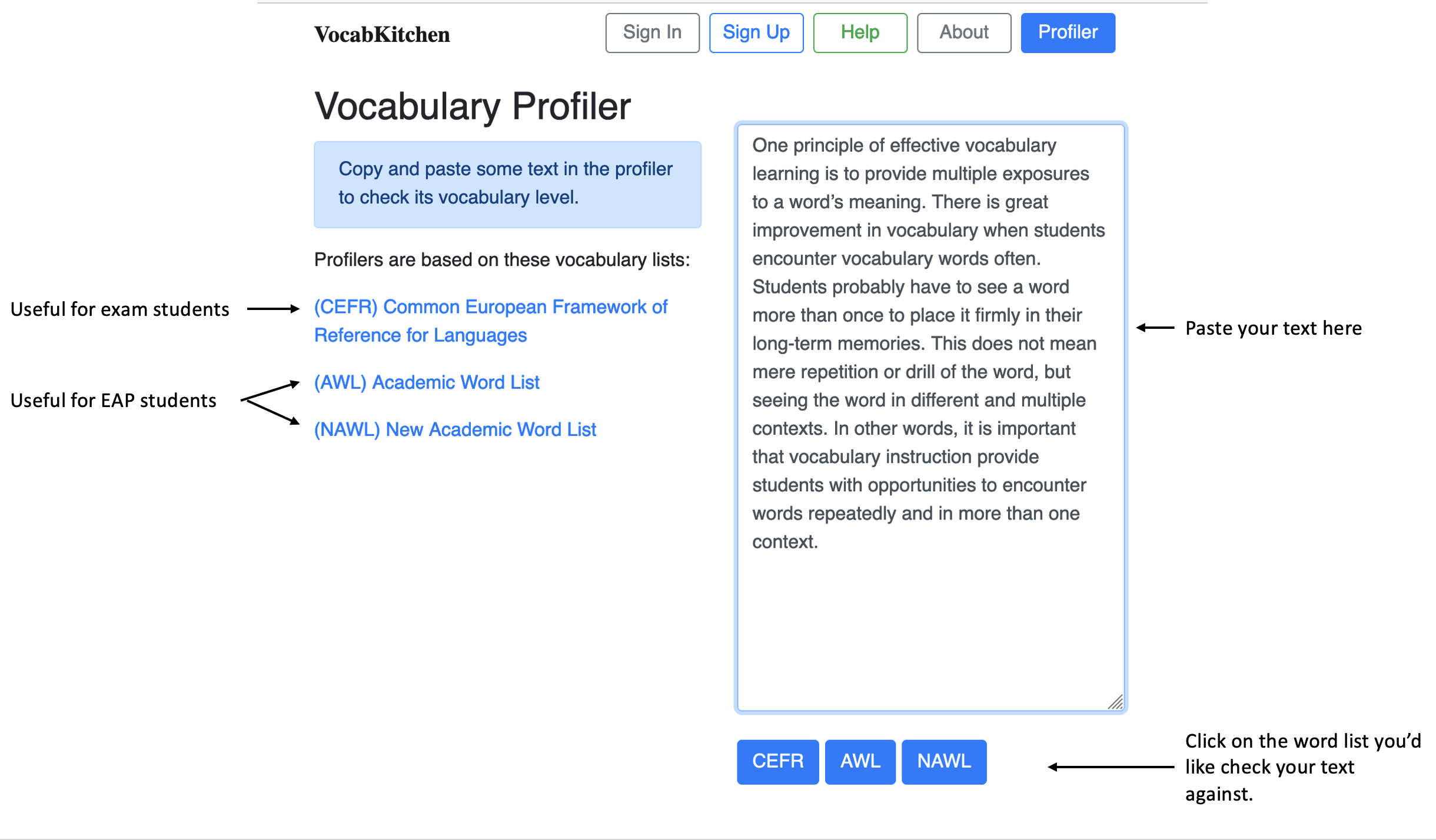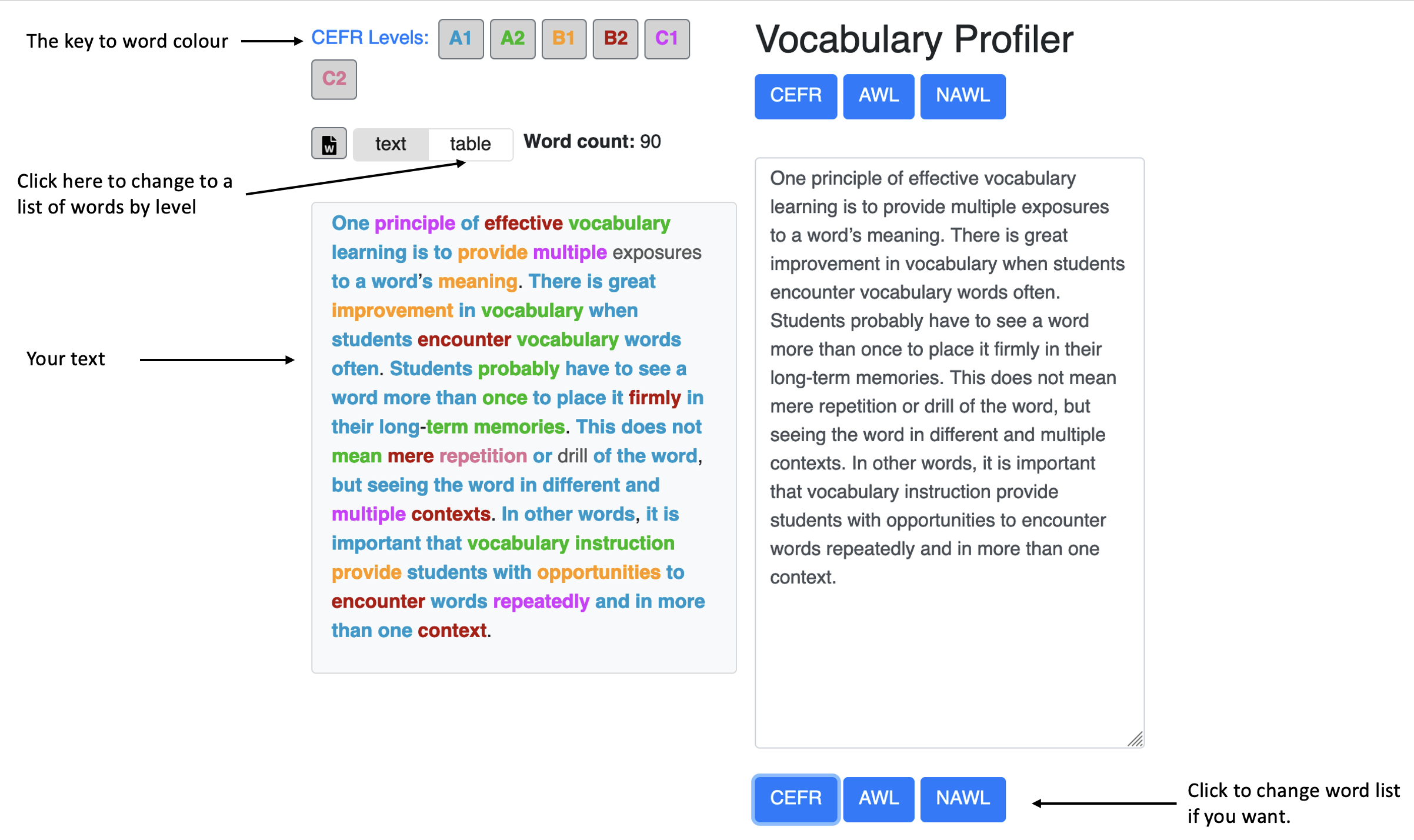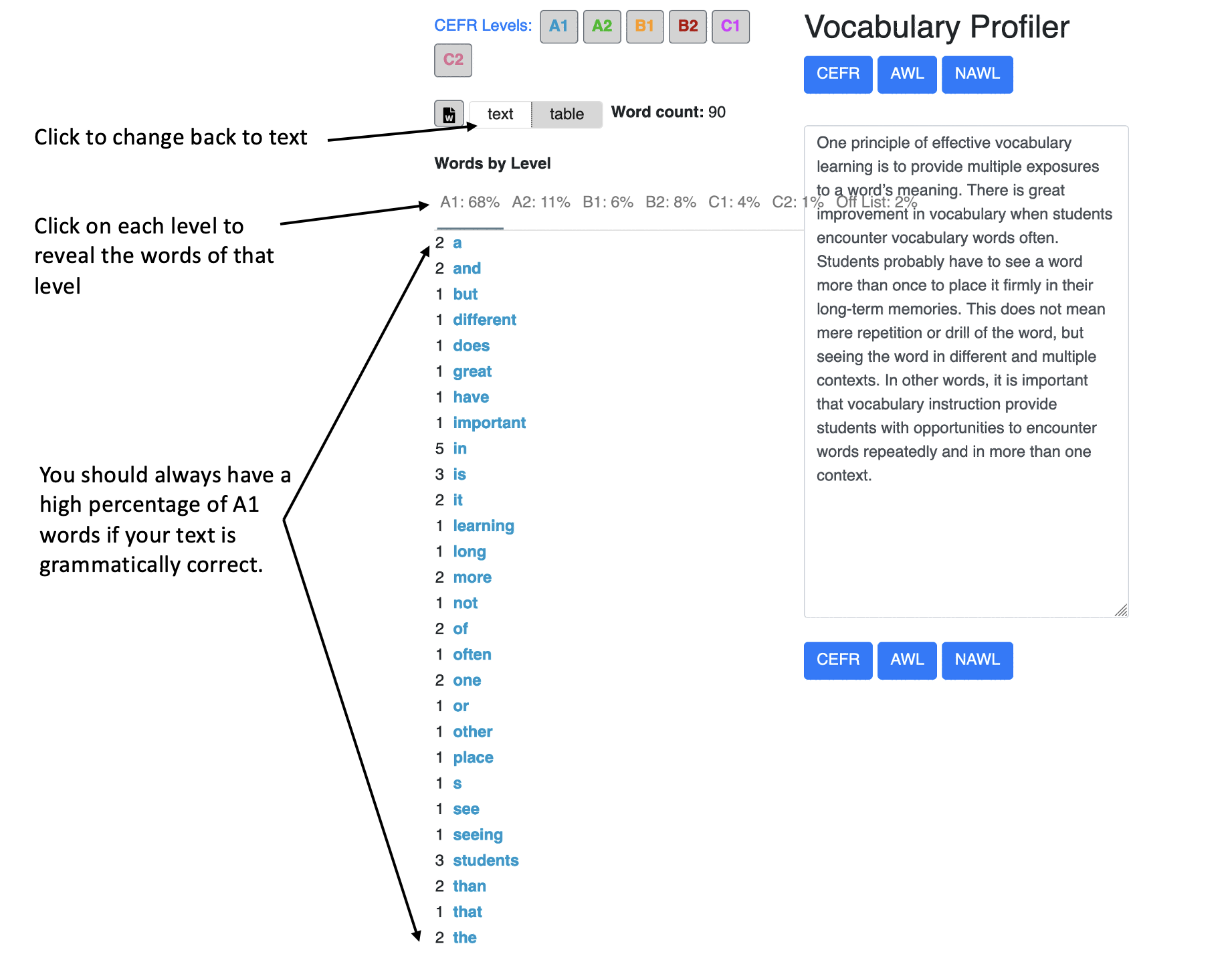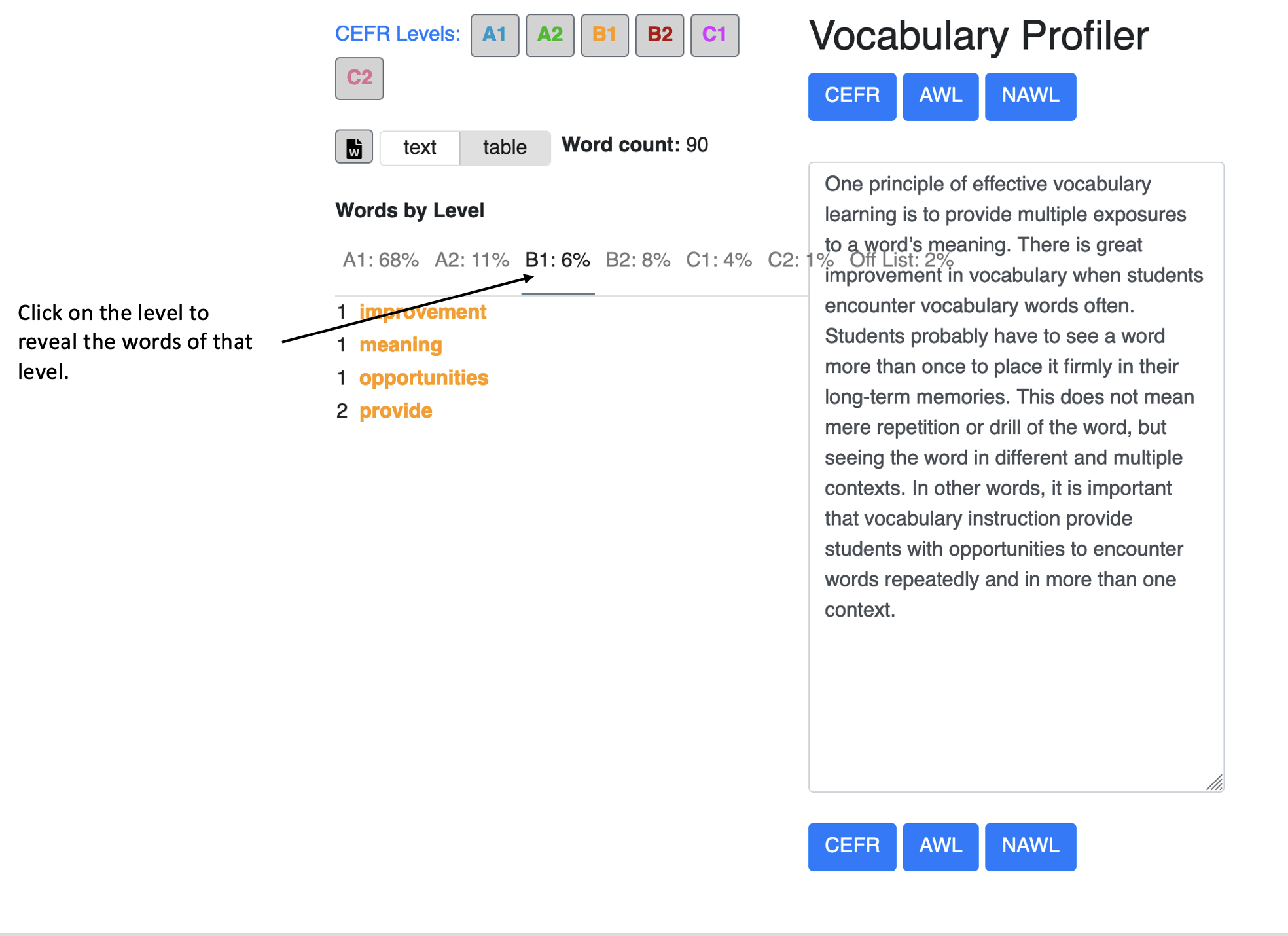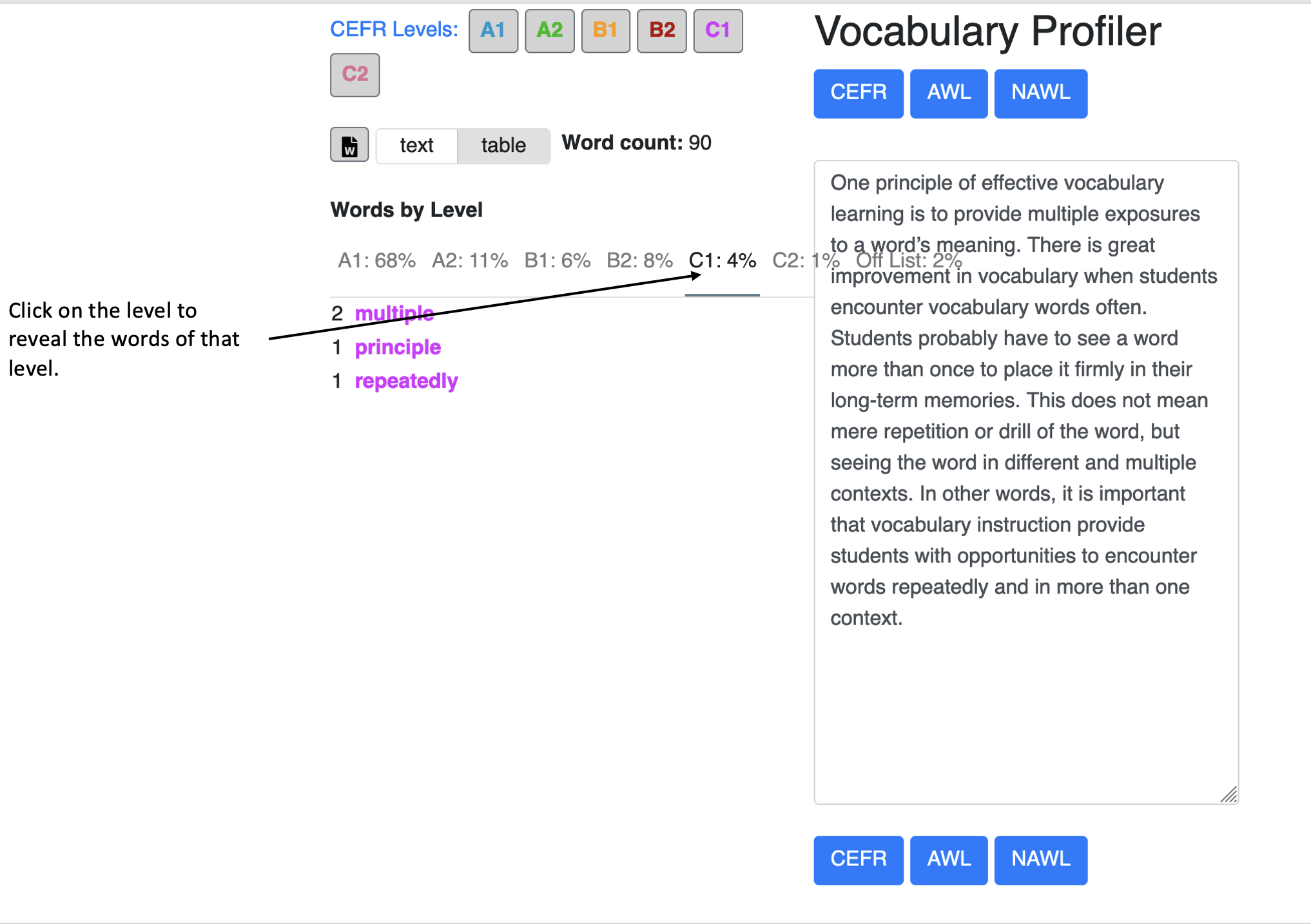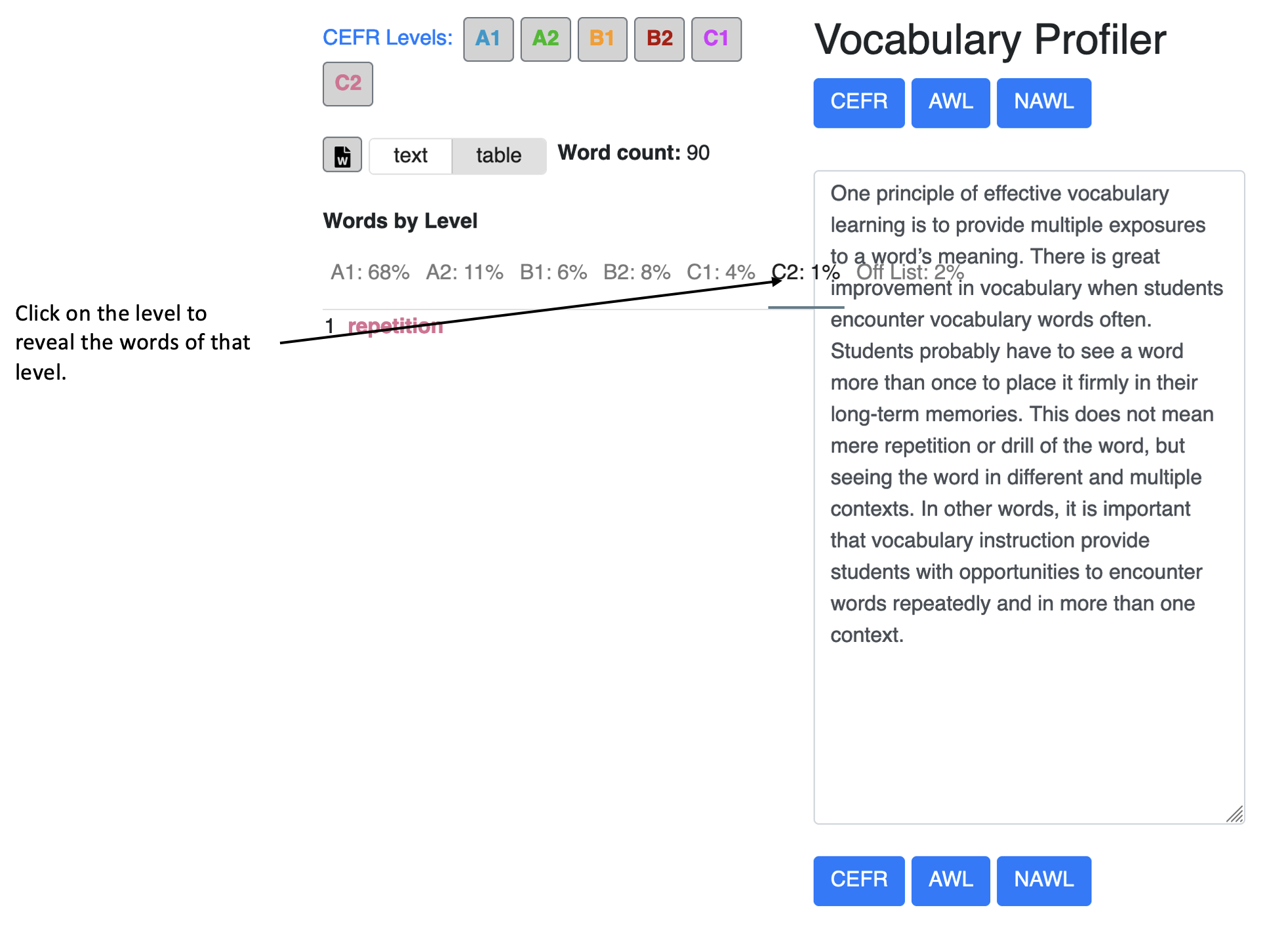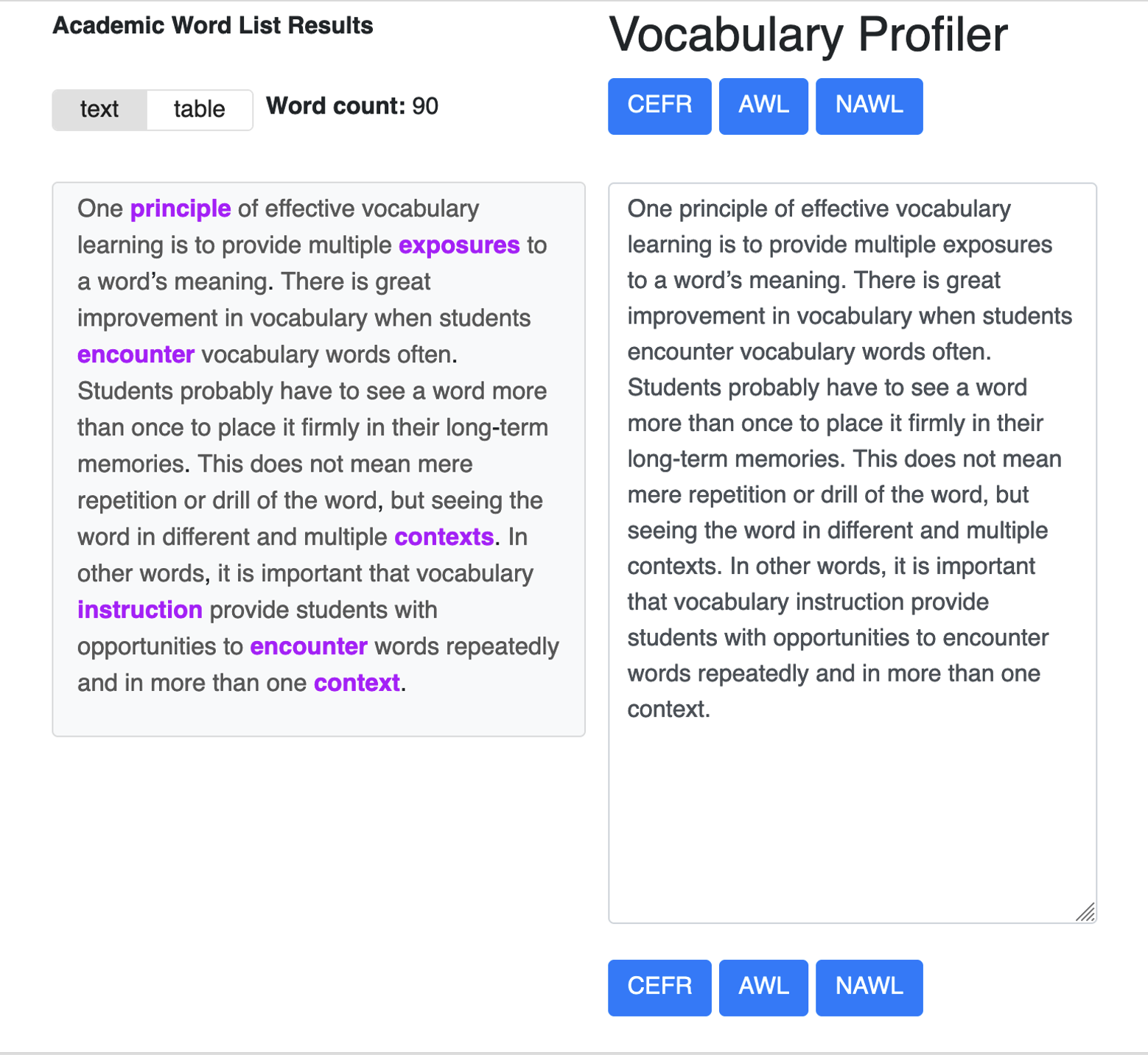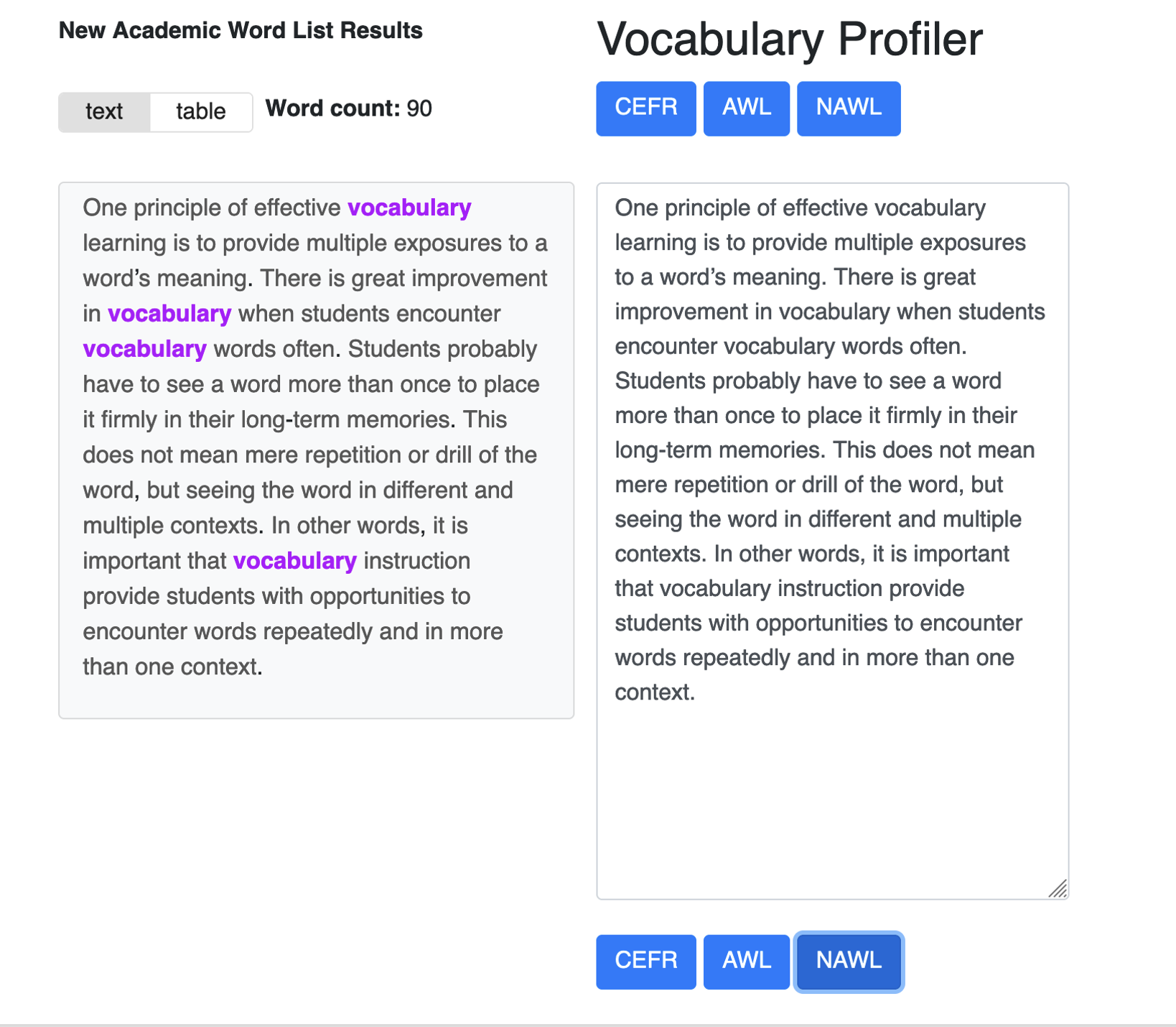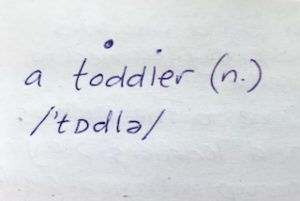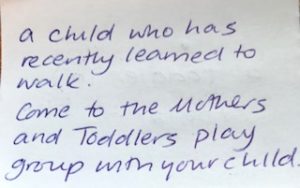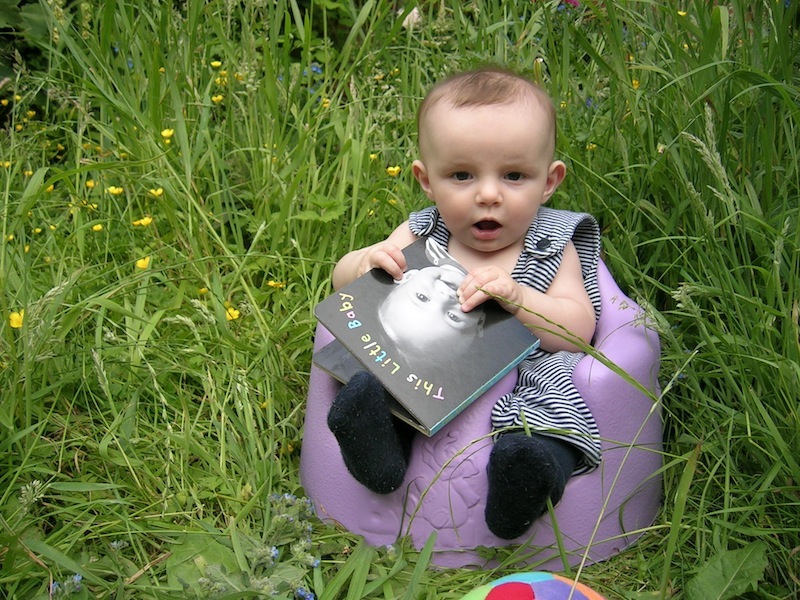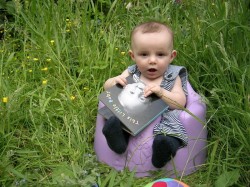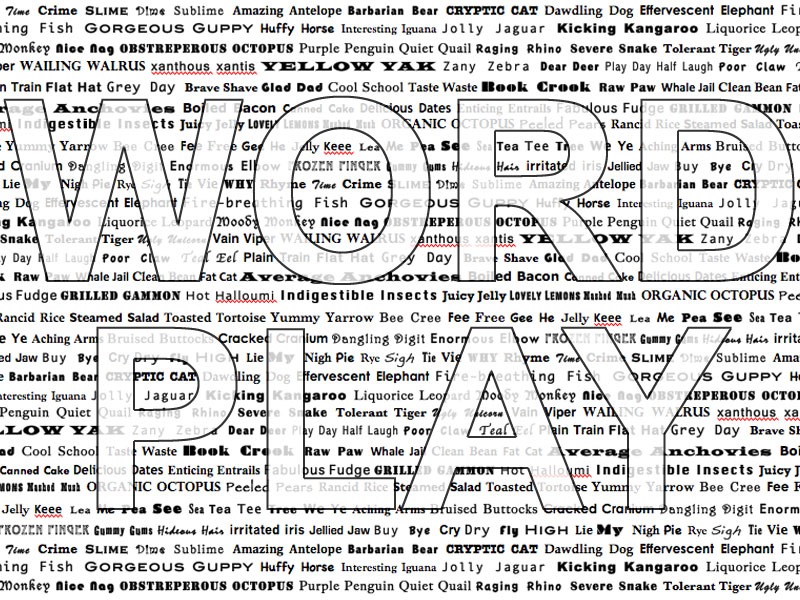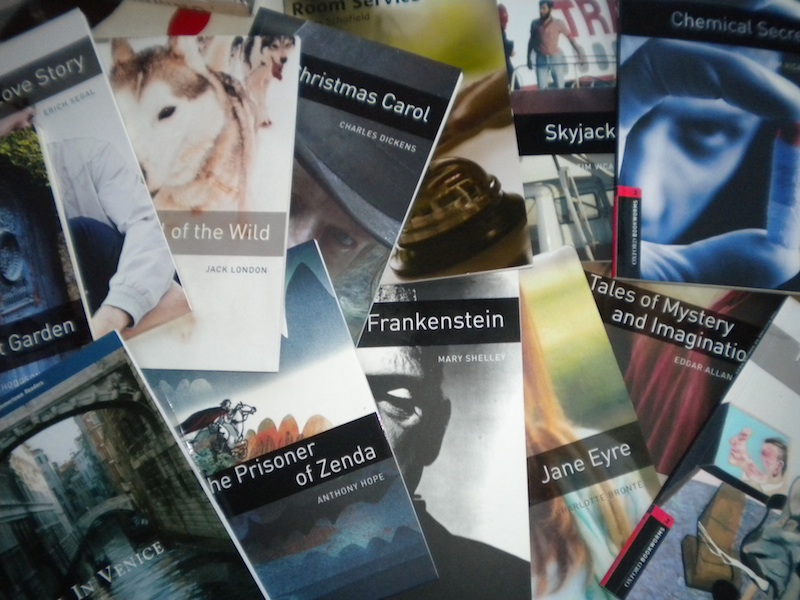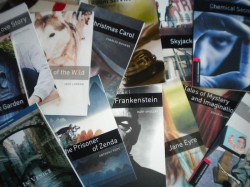Teaching Idioms
One of my favourite games to play with students of intermediate level and above is Idioms Pictionary. This is also a good game your family can play with homestay students.
It’s a simple game – most people know the rules of Pictionary.
It’s good practice in creating pictures to aid vocabulary learning.
All you need is a pen, paper and list of idioms.
Why Idioms & What Idioms?
The C1 Cambridge exam includes idioms among the kind of advanced language they’re looking for in the speaking test.
Idioms are a bit tricky as they tend to be quite time- and culture-bound. For example, you’re unlikely to hear the phrase ‘Spill the beans’ these days, Gen Z prefers, ‘Spill the tea’. A lot of Brits had never heard of the American expression, ‘to put lipstick on a pig’ until the 2008 presidential campaign. So, it’s important to choose phrases in current use, used widely, most likely to be useful to students.
The Game
I generally play the game with idioms connected by the type of language they employ e.g. idioms which use good words, time words, weather words etc. I think this helps when playing, especially for non-artists. But, it may be more useful to group idioms by theme e.g. expressions to talk about relationships, work, travel etc with the emphasis on meaning rather than form.
When drawing idioms you could focus on the meaning or the form. You’re most likely, I think to focus on form (this is particularly true for students as they may not know the meaning). To remember the idiom, however, it’s best to draw a picture which incorporates both meaning and form, so after playing the game and discussing the meaning, it’s a good idea to try to update you picture to indicate meaning if possible.
Example:

To break the ice.
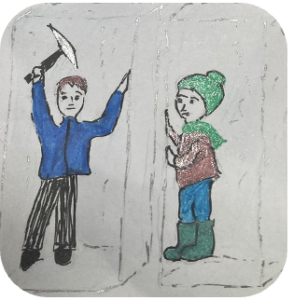
To break the ice
The second picture (although badly drawn) attempts to illustrate meaning as well as form and is more likely to be remembered.
To play idioms Pictionary you don’t need to know the meaning of a phrase. It’s possible to draw a hill of beans, for example, without knowing it means something unimportant. (I probably wouldn’t choose that expression as it’s quite outdated). However, it’s important to explain the meaning once the idiom has been guessed.
Idioms to try
Idioms with food words
Real-Life examples
Use YouGlish to find real-life examples of the idioms in use.
